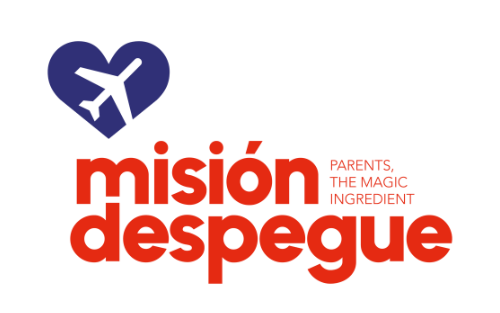Bicultural individuals may experience discrimination, racism, and prejudice, which can negatively impact mental health. These experiences can also contribute to feelings of isolation, low self-esteem, and increased vulnerability to substance abuse.
Inequality has a profound impact on teenagers’ lives, affecting their current well-being and future. In a world where economic and social disparity is evident, teenagers face significant challenges that can hinder their development and limit their opportunities—increasing the risk of mental health problems, risky behaviors, and involvement in criminal activities.
Mision Despegue helps families and individuals who are victims of discrimination or injustices to document and keep records of events to file complaints with government agencies or private companies, products, or services.
